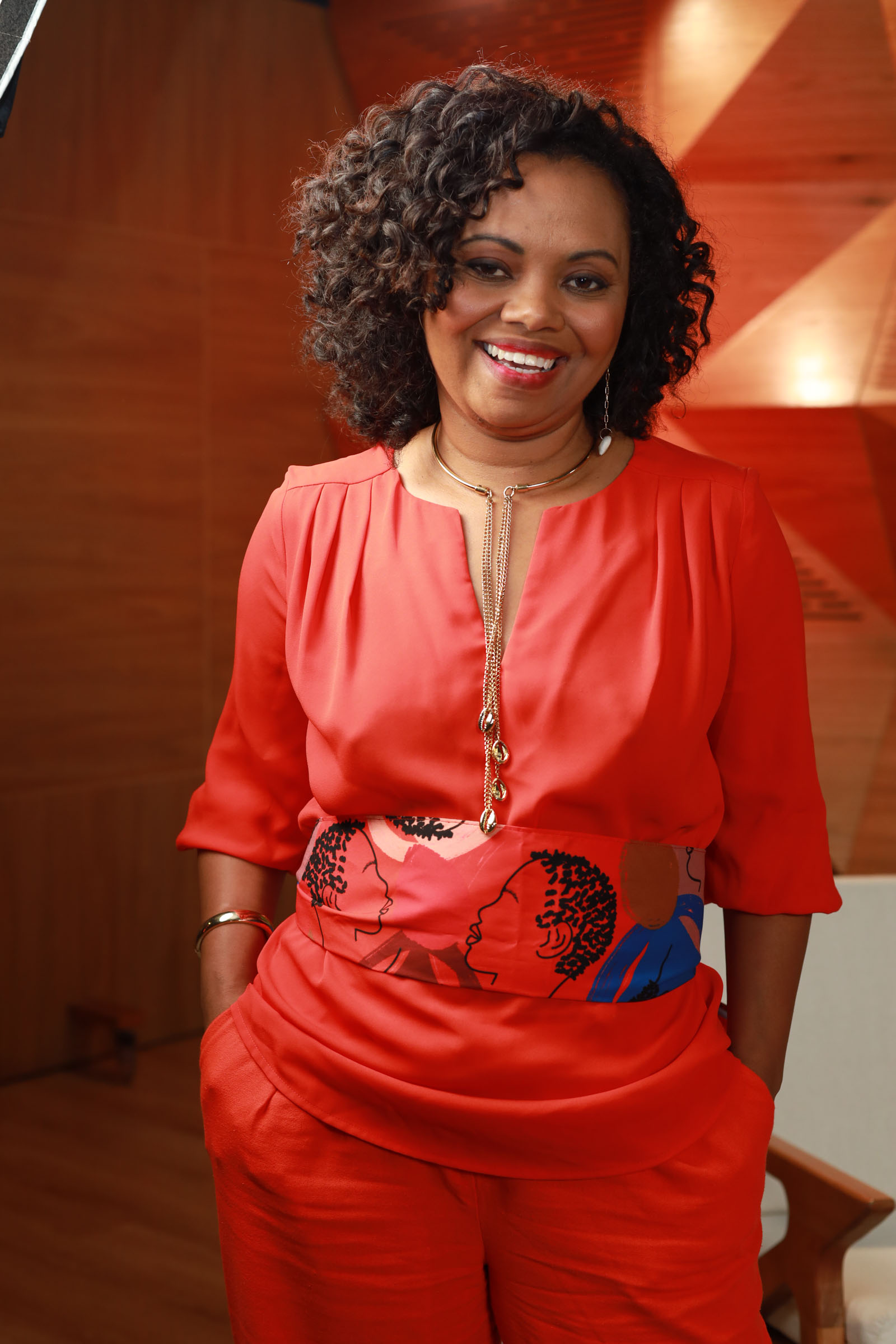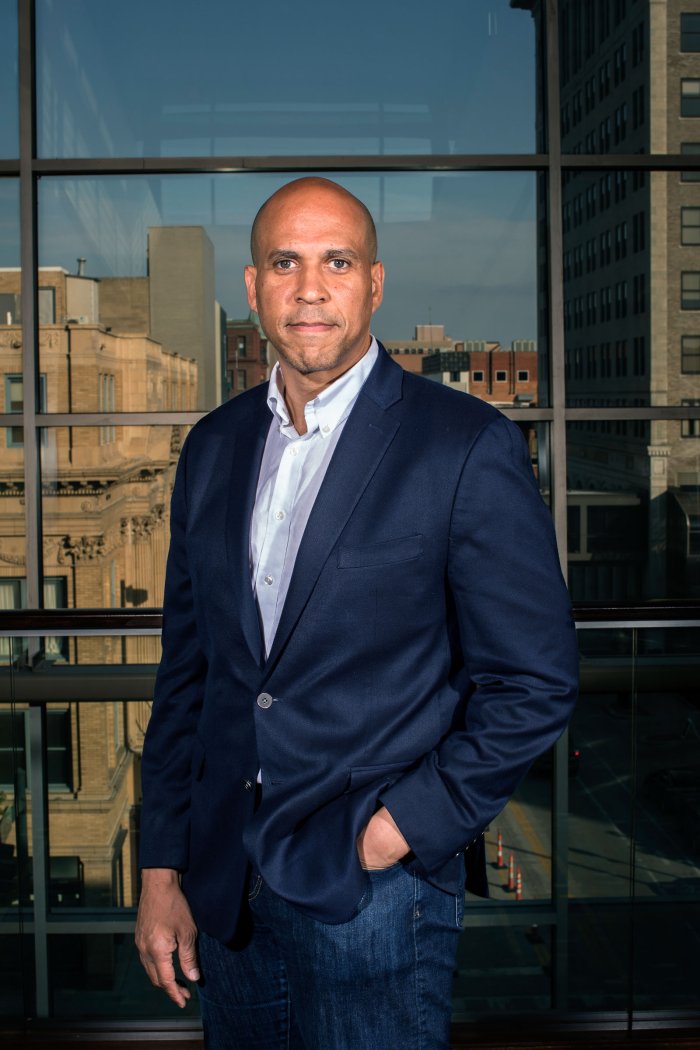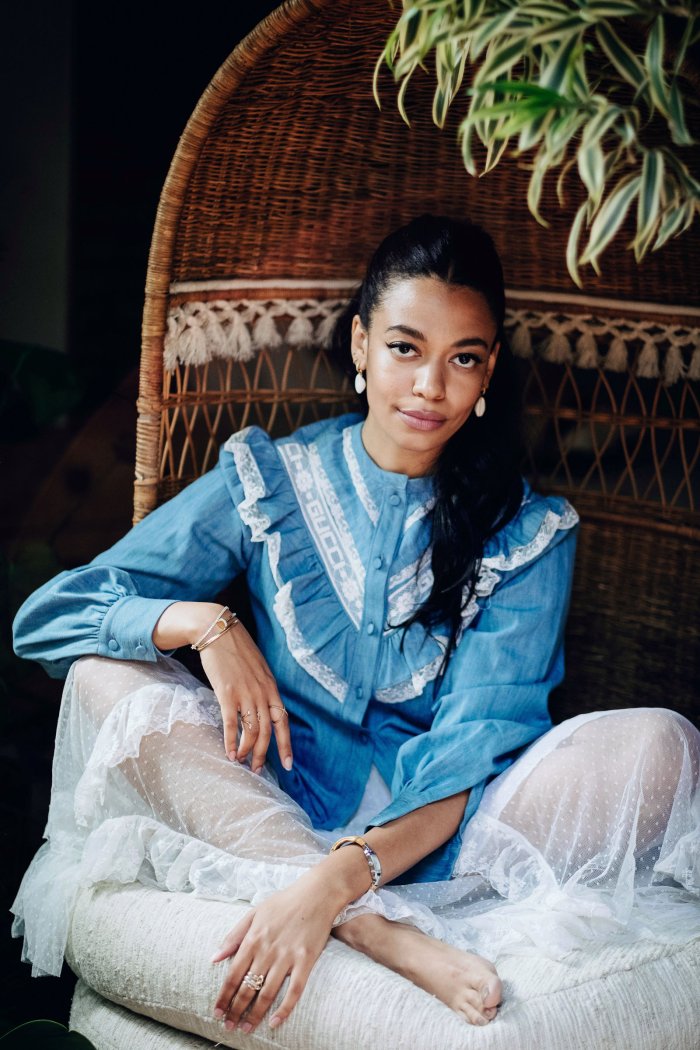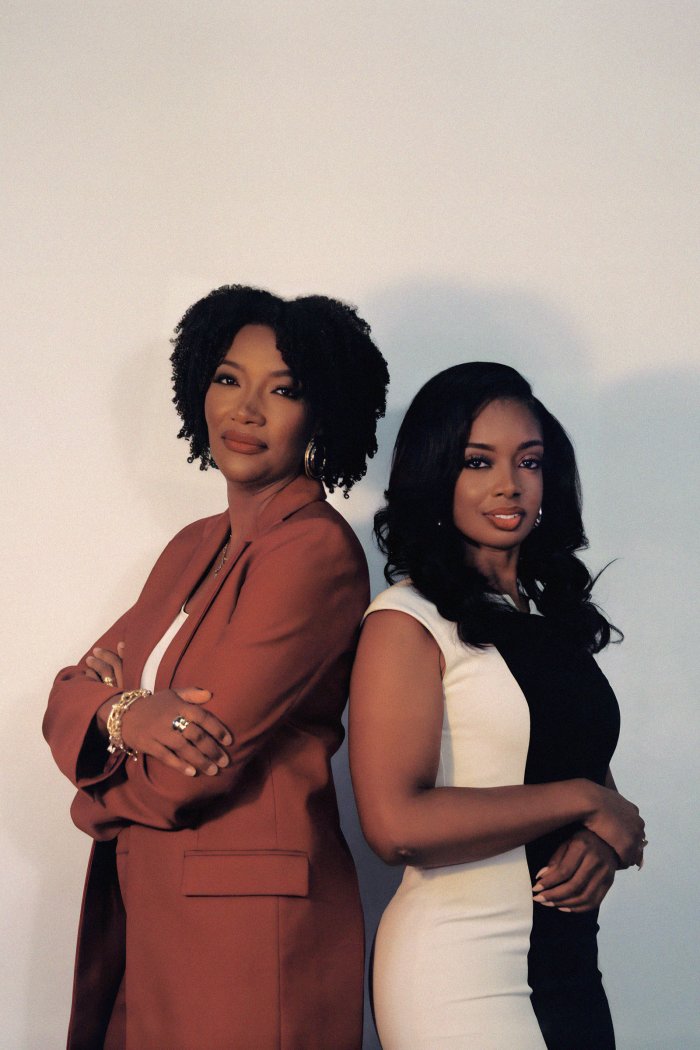When Adriana Barbosa was a child and her family was struggling to pay rent, she would sell food that her grandmother cooked to raise money. They were some of the few Afro-Brazilians in a middle-class neighborhood in São Paulo, Brazil, and she quickly learned that, although more than half of Brazilians have African ancestry, many of the Brazilians profiting off Black ideas do not.
This is significant considering how stark Brazil’s racial wealth gap is, even as officials have downplayed the existence of racism in their society. The average income for white workers was 74% higher than that of Black and brown workers in 2019, according to a study by the Brazilian Institute of Geography and Statistics. Afro-Brazilian men with the same level of education as their white male colleagues made only 70% of the income.
In her 20s, Barbosa, who was always excited by everything from Spike Lee’s films to the Black Panthers’ activism, created the Feira Preta Festival, both to help pay the bills and to celebrate Black culture. The first event showcased music, plays, and literature—and drew more than 5,000 visitors. It also provided a venue for Barbosa and other entrepreneurs to sell their products.
Barbosa, now 47, was sharply aware of the lack of interest from the private sector in Black-led initiatives and wanted to change that. She therefore grew the Feira Preta Festival into a larger initiative, the PretaHub platform, which is focused on building a more equitable market for Afro Diaspora entrepreneurs. Funded by donations from Brazilian private businesses, international-development agencies, and Brazilian public-financing programs, PretaHub has invested more than $11 million Brazilian reals ($2.2 million) into assisting entrepreneurs so far, helping them scale up and digitize their operations.
Which isn’t to say it hasn’t had challenges. Funding has been an issue. A white neighborhood blocked the festival from taking place on its streets, she says. Some ticket revenue was stolen. But Barbosa has been determined to keep it all going; the festival has drawn more than 200,000 visitors over the years and has turned into one of the largest Black culture events in Latin America.
Over the last two decades, PretaHub has also worked with more than 10,000 Black entrepreneurs in fields like architecture, fashion, gastronomy, tourism, gaming, and technology. More than two-thirds are women, roughly half of whom haven’t attended university. And while the focus remains on Brazil, the organization has also worked with entrepreneurs across Africa and South America, including South Africa, Burkina Faso, Colombia, and Bolivia.
“It began with a small action to pay rent,” says Barbosa. “Today it’s a big social organization that has created a market for Black people.”
- Cybersecurity Experts Are Sounding the Alarm on DOGE
- Meet the 2025 Women of the Year
- The Harsh Truth About Disability Inclusion
- Why Do More Young Adults Have Cancer?
- Colman Domingo Leads With Radical Love
- How to Get Better at Doing Things Alone
- Michelle Zauner Stares Down the Darkness





